Luis Enrique Mejía López, better known simply as Luis Enrique, is a name synonymous with Latin music excellence. Born on September 28, 1962, in Tola, Nicaragua, his journey from a humble beginning to becoming one of the most celebrated salsa artists in the world is nothing short of inspirational. This article delves into the life and career of Luis Enrique, highlighting his early life, rise to fame, musical contributions, and enduring legacy.
Early Life and Influences:
Luis Enrique was born into a musical family, with his father being a member of a local musical group. Growing up surrounded by melodies and rhythms, he developed a deep love for music from a young age. However, his childhood was not without challenges. At the age of fifteen, he witnessed the outbreak of the Nicaraguan Revolution, which forced his family to flee to the United States in search of safety and better opportunities.
It was in Los Angeles, California, where Luis Enrique’s passion for music truly flourished. Inspired by artists like Héctor Lavoe, Rubén Blades, and Willie Colón, he immersed himself in the vibrant salsa scene of the city, honing his craft and developing his distinctive style.
Rise to Fame:
In 1986, Luis Enrique released his debut album, “Amor de Medianoche,” which garnered widespread acclaim and established him as a rising star in the Latin music world. His smooth vocals, infectious rhythms, and heartfelt lyrics resonated with audiences, earning him a dedicated following.
Over the following years, Luis Enrique continued to release a string of successful albums, including “Mi Mundo” (1989) and “Luces del Alma” (1999), solidifying his reputation as one of the leading figures in contemporary salsa music. His unique blend of salsa, pop, and tropical rhythms set him apart from his peers, earning him accolades and awards throughout his career.
Musical Contributions:
One of Luis Enrique’s most significant contributions to the music world is his role in popularizing salsa romantica, a subgenre of salsa characterized by its romantic lyrics and smooth melodies. With hits like “Desesperado” and “Yo No Sé Mañana,” he helped redefine the sound of salsa for a new generation, bringing it to a wider audience and earning him a place in the pantheon of Latin music legends.
Moreover, Luis Enrique’s music transcends borders and language barriers, with his songs resonating with listeners around the globe. His passionate performances and heartfelt lyrics speak to the universal themes of love, loss, and longing, making him a beloved figure not only in Latin America but also in Europe, Asia, and beyond.
Enduring Legacy:
Throughout his career, Luis Enrique has remained true to his roots, infusing his music with the rich cultural heritage of Nicaragua and Latin America. Beyond his artistic achievements, he is also known for his philanthropic efforts, supporting various charitable causes and using his platform to raise awareness about social issues affecting his homeland and beyond.
As he continues to inspire audiences with his timeless music and infectious energy, Luis Enrique’s legacy as a pioneering figure in Latin music is firmly cemented. Whether performing on stage, recording new albums, or engaging with fans, he remains a shining example of talent, perseverance, and passion.
Conclusion:
In conclusion, Luis Enrique’s journey from a small town in Nicaragua to international stardom is a testament to the power of music to transcend boundaries and unite people from all walks of life. His remarkable career, marked by creativity, resilience, and a deep commitment to his craft, serves as an inspiration to aspiring artists everywhere. As we celebrate his contributions to the world of music, we are reminded of the enduring legacy of the Nicaraguan maestro and the indelible mark he has left on the hearts of millions around the globe.














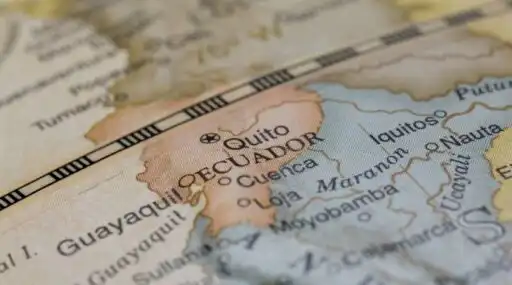
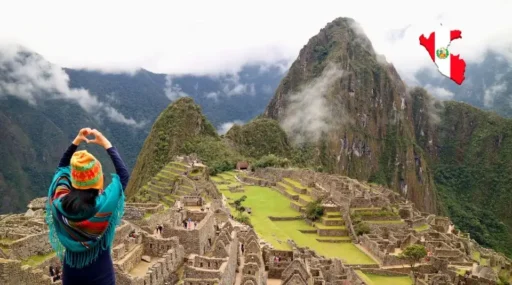



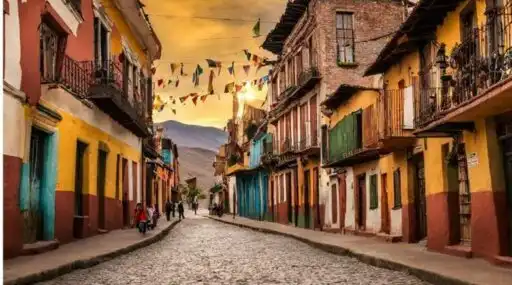


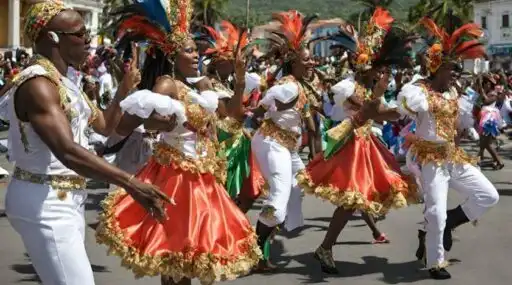


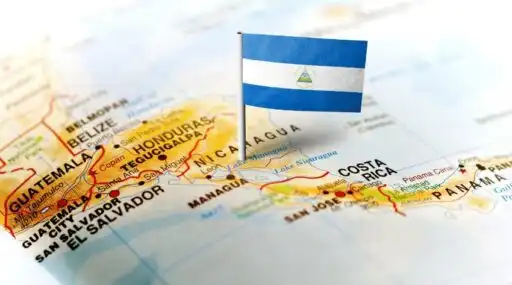

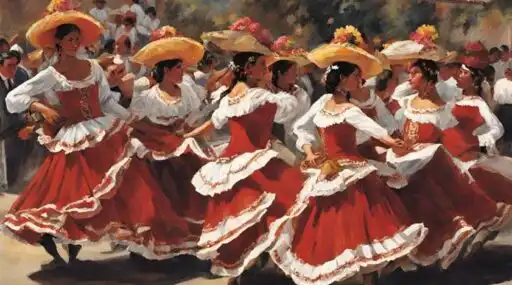
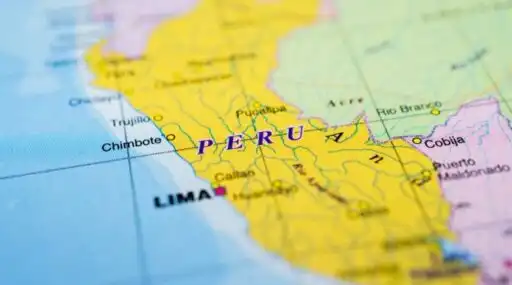
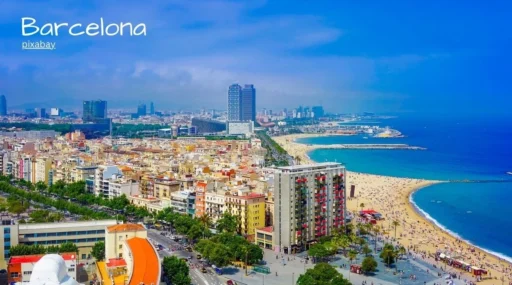









Leave a Reply